Related Topics
Real Engineering for a Real Engineer
A decade after graduating college, Stephen finally did a differential equation for his job! That is some real engineering I tell you what.
Beating the Heat
The PinoTaur has reached production status but not without supply chain issues..OF COURSE! Bonus discussion about thermal management for PCBA.
Illuminati Moment
Is there a statue of limitations on open source hardware projects? This week, Stephen and Parker dive into what open source means for both of them.
Other Resources
Circuit Break Podcast
Webinars
Videos
Tour MacroFab's ITAR-Compliant Facility
November 4, 2020, Episode #249
Parker
- Signed up for the EXTRA LIFE charity this year to raise money for the Texas Children’s Hospital
- This Saturday (Nov 7th) Parker will be broadcasting a 24 hour video game stream
- Will be playing the Half-Life 2 video game all the way through
- This includes the two episode expansions to the base campaign
- Difficulty level will be set to ‘Hard’ and I will be attempting to unlock all the achievements at the same time.
- Donations are tax-deductible and 100% of it goes to the hospital
- Learning some JavaScript to build plugins for the stream
- PinoTaur REV3 has gone gold
- Added more current sensing
- Low Current Allegro ACS70331EESATR-005B3
- High Current Allegro ACS711KEXLT-15AB-T
- Changed Relay to a socketed relay type
- ISO micro relays type
- On PCB flyback diodes for coils
- MRA4004
- Relay is driven by both the MCU and the Fault pin on the high current sensing IC
- Added more current sensing
- Walmart fires store robots
- Saw improvements in inventory control with the robots, but not enough of an improvement in revenues and other measures.
- One premise is that stores will sell more goods if the shelves are stocked and wanted items are made available
Stephen
- How soft are your diodes?
- Softness factor – a definition of the reverse current characteristic
- Ta = time when charge from depletion region is removed
- Tb = time when charge from semiconductor region is removed
- S-factor = tb/ta
- S-factor = unity = soft recovery
- S-factor unity = fast or snappy-recovery
- General purpose/fast recovery (FRED diodes)
- The SSPS?
- @zane is going back and listening to episode 1
- What was the SSPS?
- What were the specifications????
- Where did we leave off
About the Hosts

Parker Dillmann
Parker is an Electrical Engineer with backgrounds in Embedded System Design and Digital Signal Processing. He got his start in 2005 by hacking Nintendo consoles into portable gaming units. The following year he designed and produced an Atari 2600 video mod to allow the Atari to display a crisp, RF fuzz free picture on newer TVs. Over a thousand Atari video mods where produced by Parker from 2006 to 2011 and the mod is still made by other enthusiasts in the Atari community.
In 2006, Parker enrolled at The University of Texas at Austin as a Petroleum Engineer. After realizing electronics was his passion he switched majors in 2007 to Electrical and Computer Engineering. Following his previous background in making the Atari 2600 video mod, Parker decided to take more board layout classes and circuit design classes. Other areas of study include robotics, microcontroller theory and design, FPGA development with VHDL and Verilog, and image and signal processing with DSPs. In 2010, Parker won a Ti sponsored Launchpad programming and design contest that was held by the IEEE CS chapter at the University. Parker graduated with a BS in Electrical and Computer Engineering in the Spring of 2012.
In the Summer of 2012, Parker was hired on as an Electrical Engineer at Dynamic Perception to design and prototype new electronic products. Here, Parker learned about full product development cycles and honed his board layout skills. Seeing the difficulties in managing operations and FCC/CE compliance testing, Parker thought there had to be a better way for small electronic companies to get their product out in customer's hands.
Parker also runs the blog, longhornengineer.com, where he posts his personal projects, technical guides, and appnotes about board layout design and components.

Stephen Kraig
Stephen Kraig is a component engineer working in the aerospace industry. He has applied his electrical engineering knowledge in a variety of contexts previously, including oil and gas, contract manufacturing, audio electronic repair, and synthesizer design. A graduate of Texas A&M, Stephen has lived his adult life in the Houston, TX, and Denver, CO, areas.
Stephen has never said no to a project. From building guitar amps (starting when he was 17) to designing and building his own CNC table to fine-tuning the mineral composition of the water he uses to brew beer, he thrives on testing, experimentation, and problem-solving. Tune into the podcast to learn more about the wacky stuff Stephen gets up to.
Special thanks to whixr over at Tymkrs for the intro and outro!
Related Podcasts
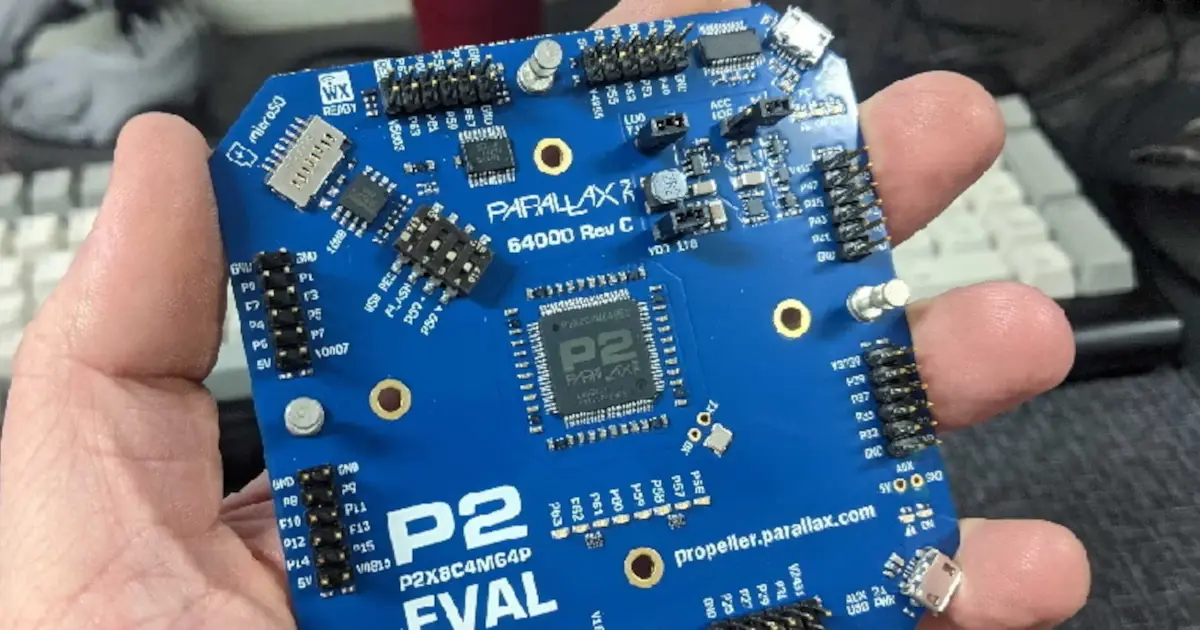
Electronic Wear Items
Chip and component shortages continue! This week's episode covers Ford and GM automotive supply chain problems and EMMC wear chips for Tesla cars.
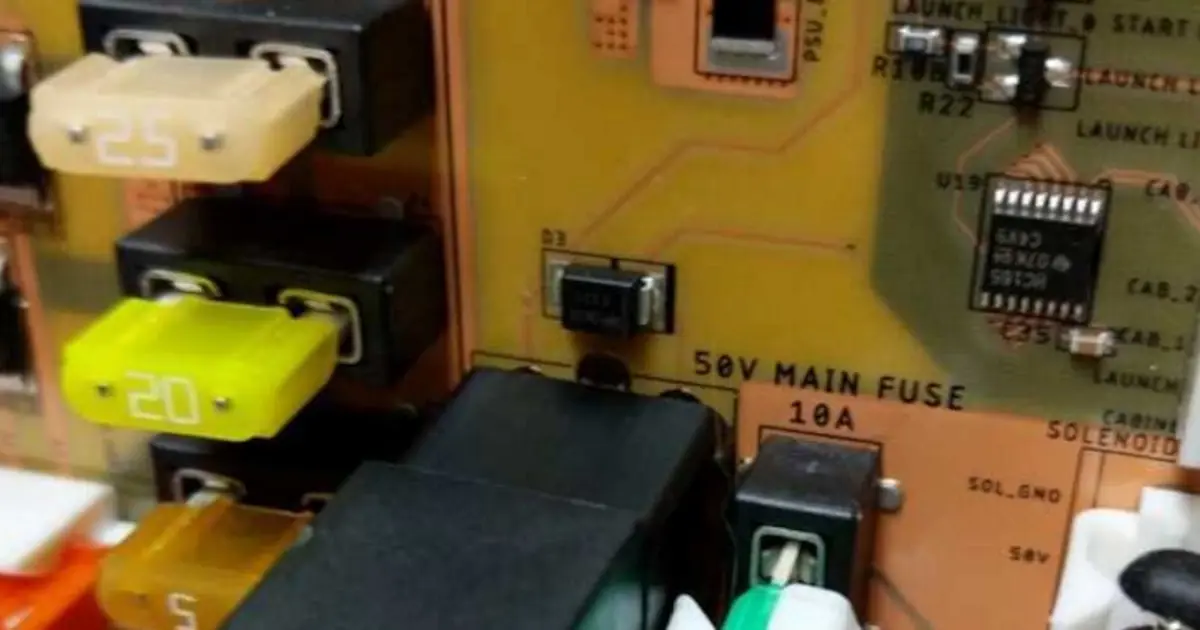
Ridiculous Relay Ratings
On this episode, Parker sifts through marketing gimmicks for component ratings and Stephen discusses dual rail power supply designs.
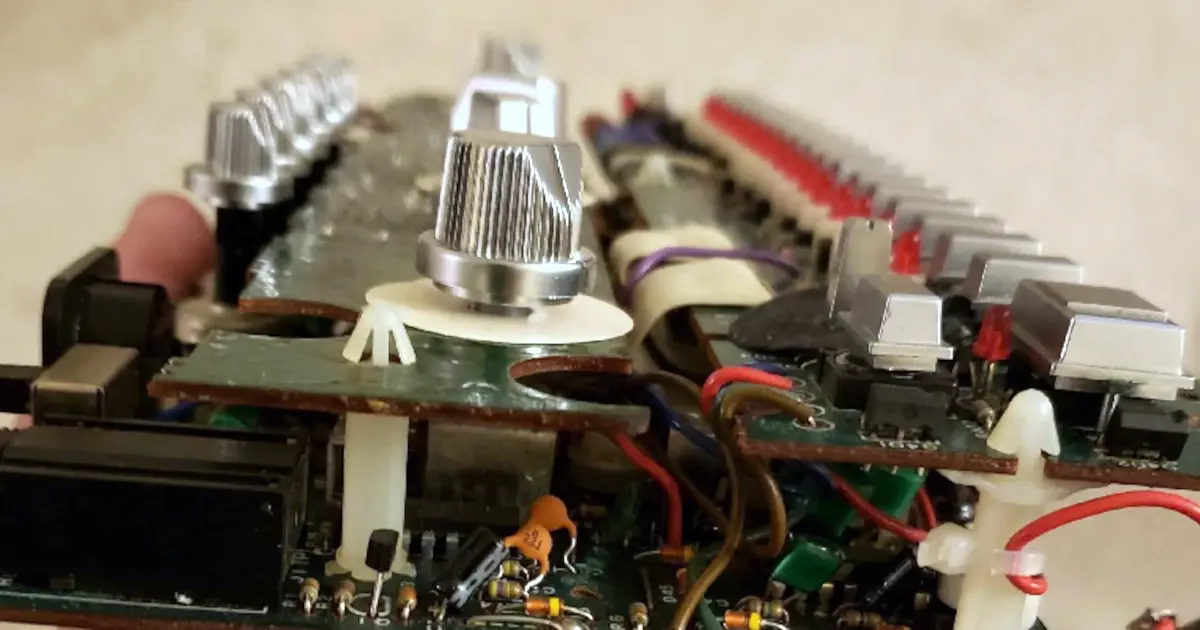
Kicking Troglodytes Off The Stage
PCB serial numbering? Parker and Stephen cover their thoughts on applying a unique identifier to PCBs in production for inventory and testing control.
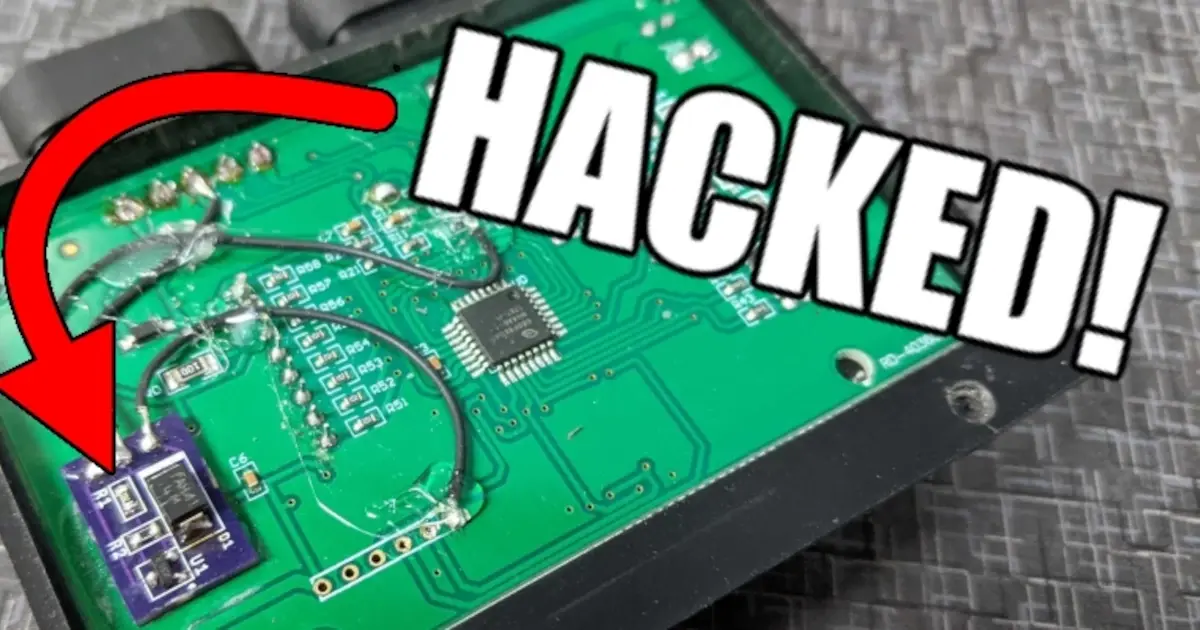
Beating the Heat
The PinoTaur has reached production status but not without supply chain issues..OF COURSE! Bonus discussion about thermal management for PCBA.

Real Engineering for a Real Engineer
A decade after graduating college, Stephen finally did a differential equation for his job! That is some real engineering I tell you what.
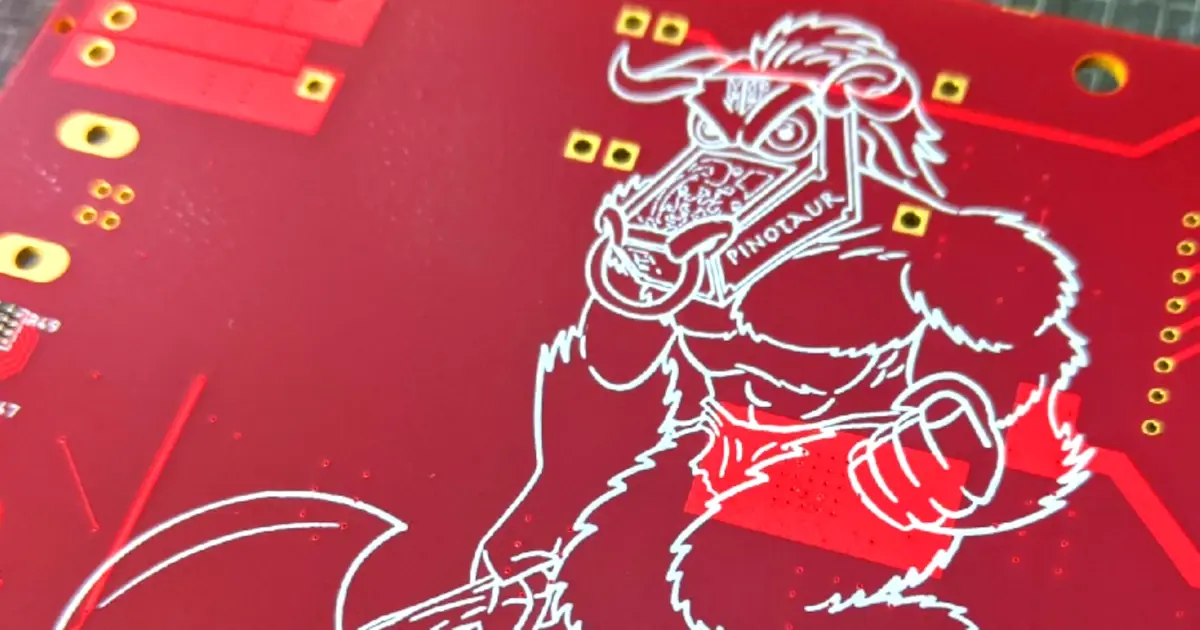
Illuminati Moment
Is there a statue of limitations on open source hardware projects? This week, Stephen and Parker dive into what open source means for both of them.
About MacroFab
MacroFab offers comprehensive manufacturing solutions, from your smallest prototyping orders to your largest production needs. Our factory network locations are strategically located across North America, ensuring that we have the flexibility to provide capacity when and where you need it most.
Experience the future of EMS manufacturing with our state-of-the-art technology platform and cutting-edge digital supply chain solutions. At MacroFab, we ensure that your electronics are produced faster, more efficiently, and with fewer logistic problems than ever before.
Take advantage of AI-enabled sourcing opportunities and employ expert teams who are connected through a user-friendly technology platform. Discover how streamlined electronics manufacturing can benefit your business by contacting us today.